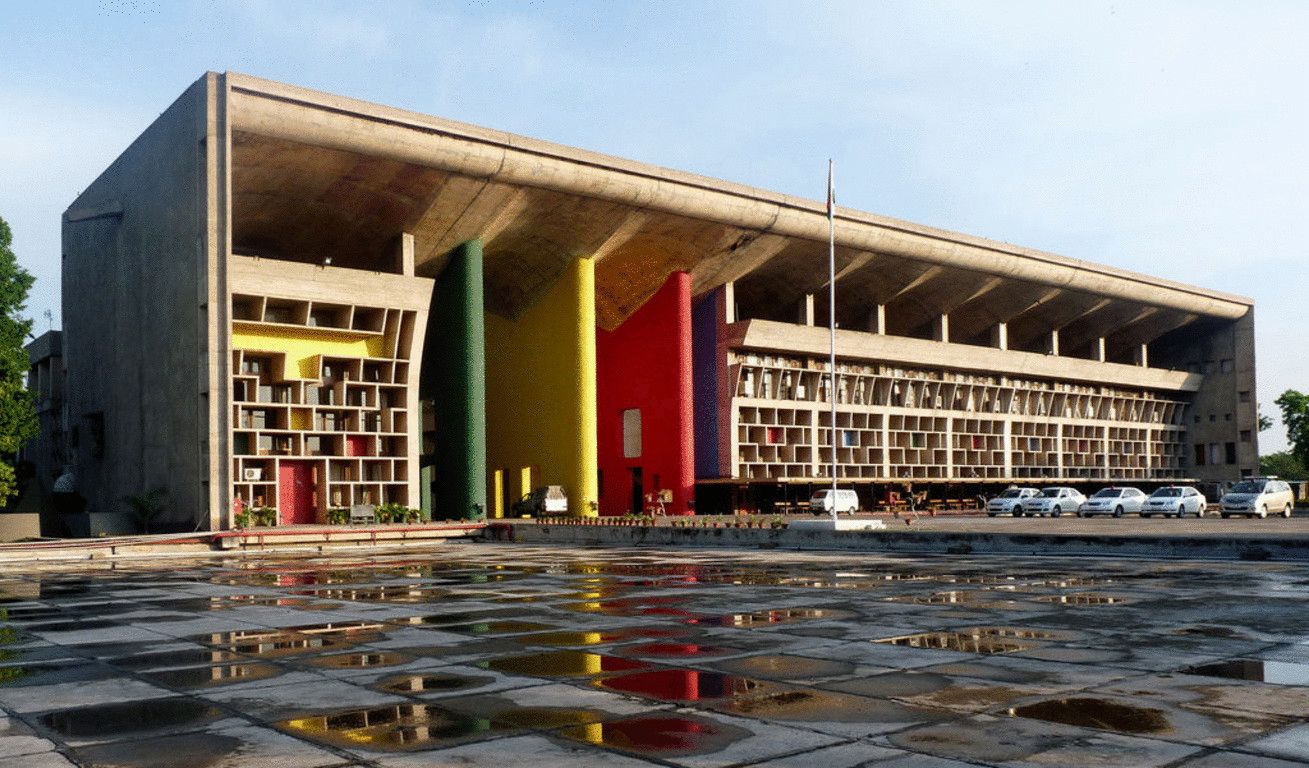Punjab & Haryana High Court: Civil Court’s Jurisdiction in Ejectment Suits Not Lost Due to Subsequent Application of Rent Act

Case Name: Arun Sharma v. Usha Sunderam
Date of Judgment: January 7, 2015
Citation: CR No. 6397 of 2011
Bench: Hon’ble Mr. Justice G.S. Sandhawalia
Held: The Punjab & Haryana High Court held that a civil court’s jurisdiction in an ejectment suit instituted before the application of the Haryana Rent Act is not divested merely because the Rent Act was subsequently extended to the area during the pendency of proceedings. The rights of parties crystallize on the date of institution of the suit, and any later notification bringing the area under the Rent Act cannot retrospectively bar the civil court from continuing the proceedings or executing the decree. The Court further held that while considering an application under Order 7 Rule 11 CPC, only the averments in the plaint are relevant, and subsequent events or the defendant’s pleas cannot be relied upon to reject the plaint.
Summary: The petitioner, Arun Sharma, tenant of a residential house in DLF Phase IV, Gurgaon, challenged the order of the Civil Judge (Junior Division) dismissing his applications under Order 7 Rule 11 and Order 6 Rule 17 CPC. The applications sought rejection of the plaint on the ground that after June 2, 2008, the Haryana Municipal Corporation Act made the Rent Act applicable to the area, thereby ousting the civil court’s jurisdiction. The respondent-landlady, Usha Sunderam, had filed the suit for possession and arrears of rent in July 2007, prior to the notification, contending that the property then fell outside the purview of the Haryana Urban (Control of Rent and Eviction) Act, 1973.
The High Court reaffirmed settled law that rejection of a plaint is permissible only when the suit is ex facie barred by law based on plaint averments alone. Citing Popat & Kotecha Property v. State Bank of India Staff Association (2005) 7 SCC 510 and Kamala v. K.T. Ishwara Sa (2008) 12 SCC 661, the Court observed that mixed questions of fact and law cannot be decided at the stage of Order 7 Rule 11. The Bench rejected the tenant’s argument that the subsequent extension of the Rent Act ousted jurisdiction, relying on precedents including Shri Kishan @ Krishan Kumar v. Manoj Kumar (1998) 2 SCC 710, Atma Ram Mittal v. Ishwar Singh Punia (1988) 4 SCC 284, and Basakha Singh v. Mani Ram Bhatia (2007) 1 RCR (Rent) 384*. The Court reiterated the principle that rights of parties crystallize at the time of filing and cannot be nullified by later legislative developments.
The judgment also distinguished J.N. Katyal v. Krishan Kapur (2005) 1 PLR 558 and upheld the reasoning that proceedings validly instituted under civil law remain unaffected by the subsequent application of rent control legislation. The Court emphasized that if the civil court had jurisdiction at the time of filing, it continues to retain jurisdiction throughout the litigation, even after the Rent Act becomes applicable to the property.
Decision: The High Court dismissed the revision petition, upholding the Civil Judge’s order. It ruled that the civil court had valid jurisdiction when the suit was filed, and the subsequent application of the Rent Act would not invalidate the proceedings. The decision reinforces that under settled legal principles, jurisdiction and accrued rights are determined as of the date of suit institution, and subsequent statutory changes cannot retrospectively alter that position.